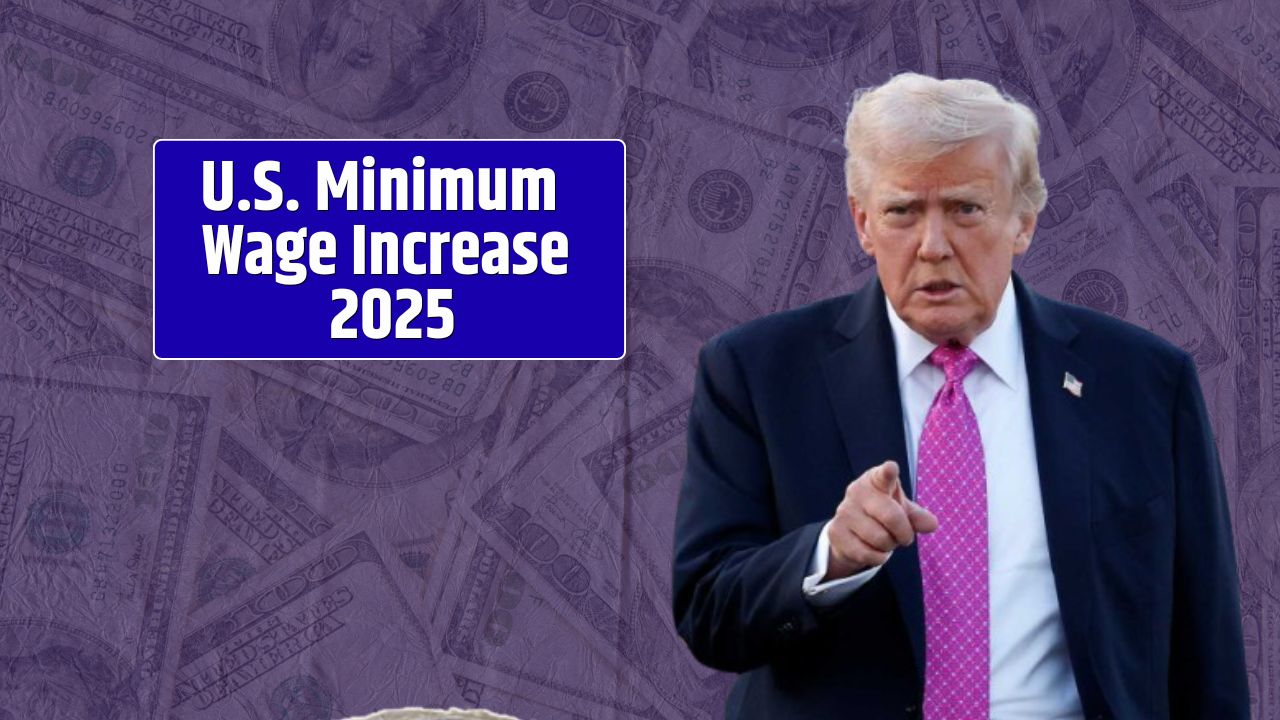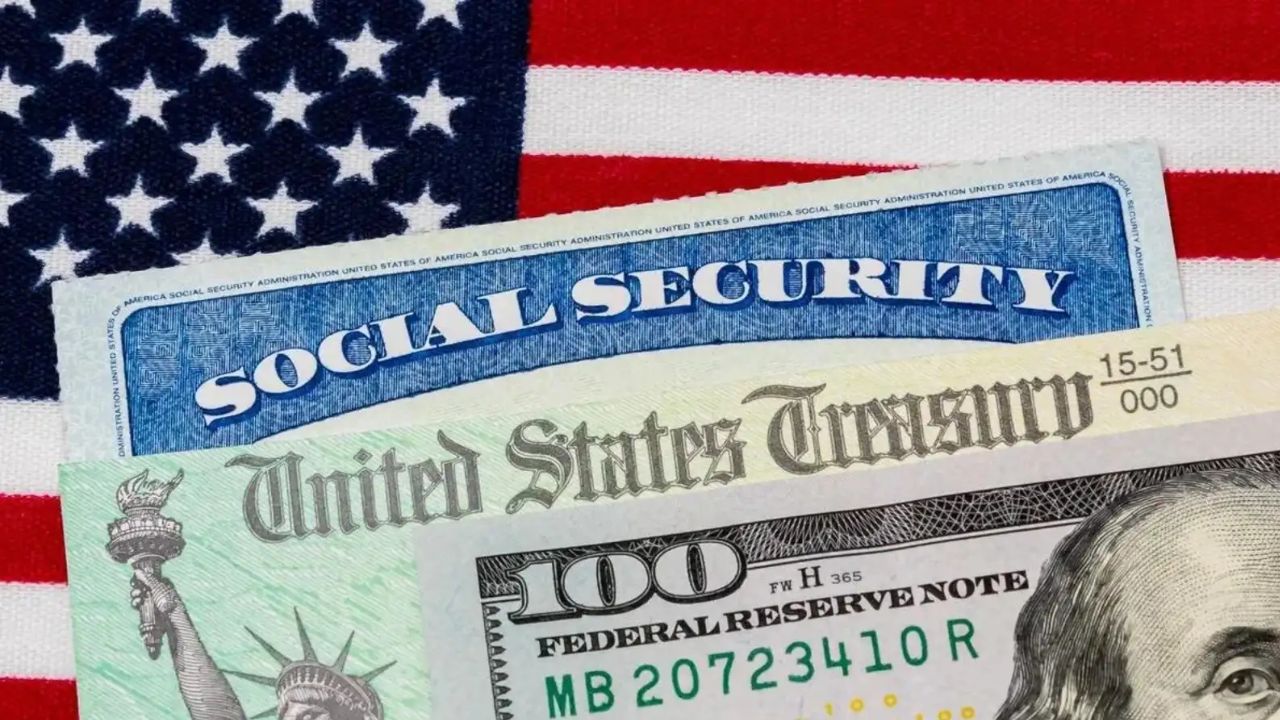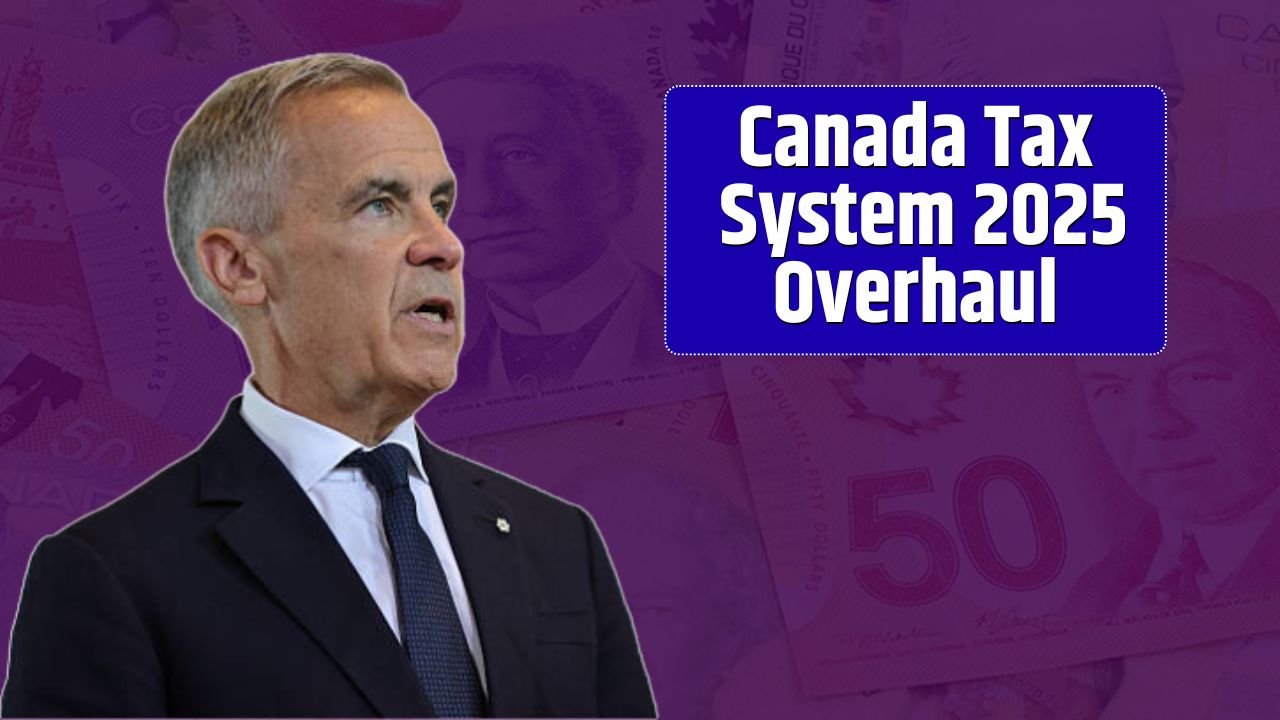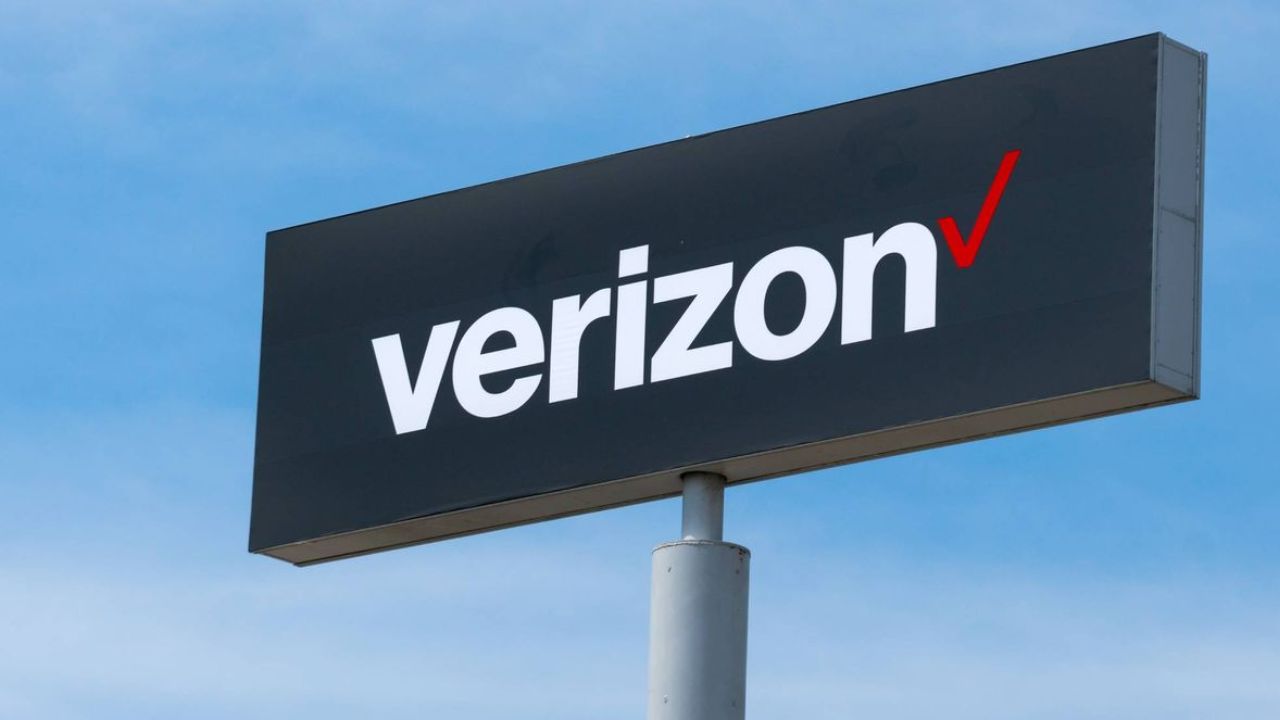Florida workers are about to feel a little more breathing room in their paychecks this fall. Starting October 4, 2025, the Sunshine State’s minimum wage will officially climb from $13 to $14 an hour, marking the next big step in its steady march toward the voter-approved $15 minimum wage by 2026.
This is no surprise—it’s part of the plan Florida voters set in motion back in November 2020, when they passed Amendment 2, requiring annual $1 increases until the state hits the $15 target. After 2026, any further adjustments will be tied to inflation, helping wages better match real-world living costs.
Florida’s Minimum Wage Adjustment for 2025
The new rates kick in October 4, 2025, and apply to both standard and tipped employees. Here’s how it breaks down:
| Worker Category | 2024 Hourly Rate | New Rate (Oct 4, 2025) | Guaranteed Minimum Pay |
|---|---|---|---|
| Non-Tipped Workers | $13.00 | $14.00 | $14.00 per hour |
| Tipped Workers | $9.98 | $10.98 | $14.00 (base + tips) |
For non-tipped workers, that’s an extra dollar per hour—an annual boost of roughly $2,000 for someone working full time. For tipped employees, the base wage rises to $10.98, with employers legally required to ensure tips bring total earnings to at least $14 per hour.
If tips don’t make up the difference, the employer must cover the gap—no exceptions.
Why the Wage Is Rising
There are three key drivers behind this latest bump:
1. Voter-approved increases: The 2020 ballot measure locked in annual raises until the $15 goal is reached in 2026.
2. Higher living costs: With rent, groceries, and utilities surging across Florida, the wage adjustment is meant to help workers keep up.
3. Better pay for tipped employees: Raising the base wage reduces reliance on unpredictable tips, offering more financial stability to service-industry workers.
According to the U.S. Bureau of Labor Statistics, the Miami-Fort Lauderdale metro area saw consumer prices rise nearly 18% between 2020 and 2024, outpacing much of the country. For many workers, the higher wage will help offset that inflationary hit.
What It Means for Workers
This increase offers some relief for Floridians grappling with rising costs—from gas to groceries to housing. For full-time workers earning minimum wage, it could mean hundreds more in take-home pay every month.
Workers should:
- Check pay stubs after October 4 to confirm the correct rate.
- Track tips carefully to ensure they’re hitting the $14 minimum.
- Contact the Florida Department of Economic Opportunity (DEO) if their employer fails to comply.
The state’s updated wage poster will be available on the Florida Department of Commerce website and must be displayed in all workplaces.
What It Means for Employers
Businesses have a few boxes to tick before the new law takes effect:
- Update payroll systems to reflect the new hourly rates.
- Replace workplace posters with the updated minimum wage notice.
- Communicate clearly with staff about how base wages and tip credits are calculated.
Employers who fail to comply could face penalties, including back pay and potential legal action.
FAQs:
When does Florida’s new minimum wage take effect?
The new $14 per hour rate begins October 4, 2025.
What’s the base pay for tipped workers?
Tipped employees must earn at least $10.98 per hour, with tips bringing their total to $14 per hour.
What happens if my tips don’t reach $14/hour?
Your employer must make up the difference—this is required by state law.






















